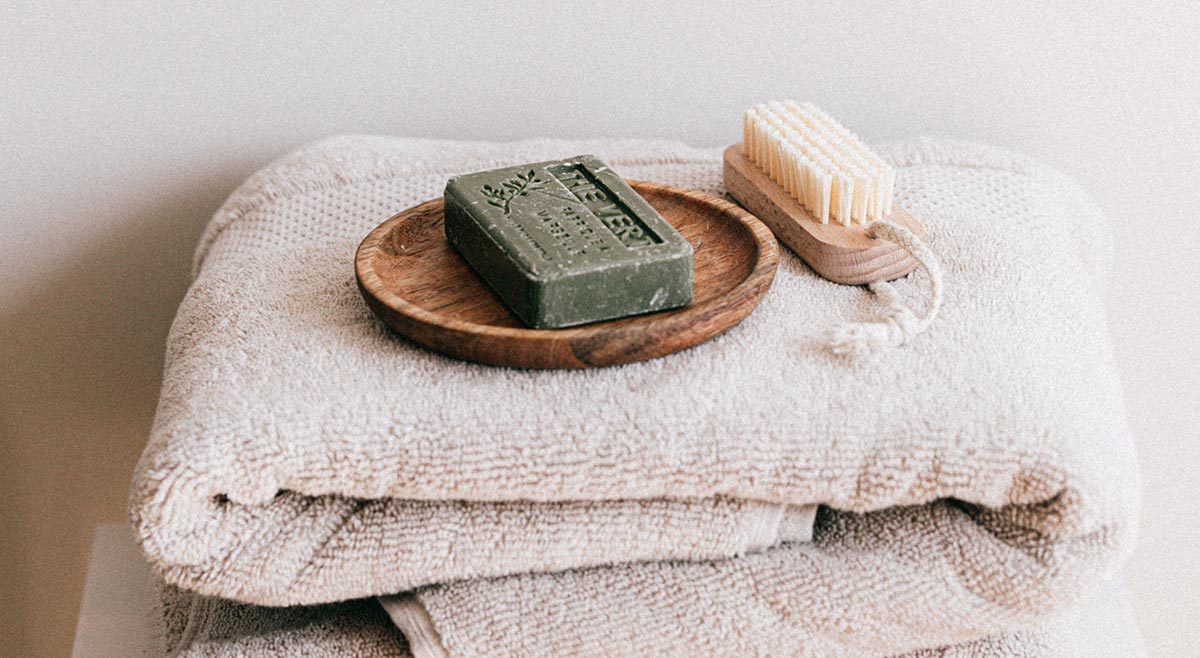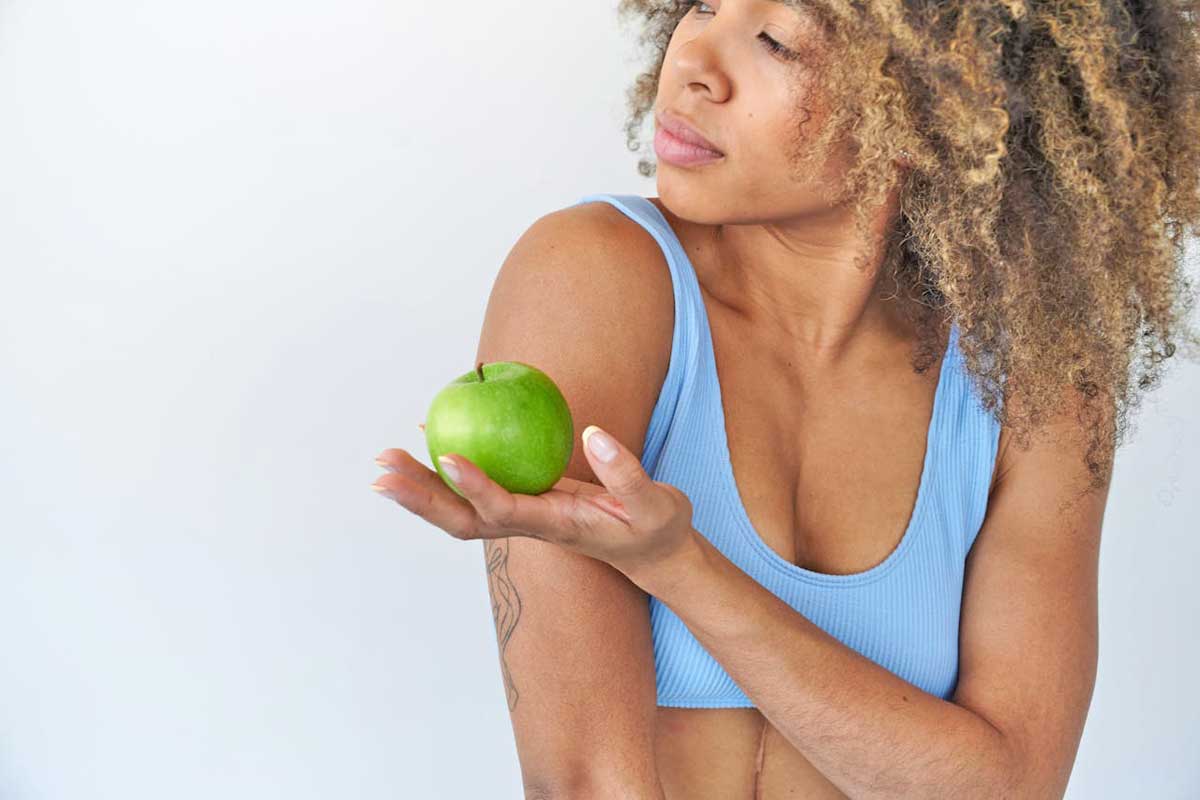The world of organic products has expanded far beyond the grocery aisle, venturing into the realm of personal care. In August 2005, the United States Department of Agriculture (USDA) broadened its policy to encompass organic claims on personal healthcare products that adhered to the formulation and manufacturing standards set by the National Organics Program (NOP), a division of the USDA. While this development was initially welcomed by personal healthcare manufacturers, it also ignited a significant amount of confusion and controversy, raising questions about the true meaning of "organic" in this context. This expansion into the personal care sector brought with it a host of new challenges, particularly in defining and regulating the use of the term "organic" on products that are applied topically rather than ingested. This lack of clear definitions has led to a complex landscape of varying interpretations and certifications, creating uncertainty for both manufacturers and consumers alike.
The Regulatory Gap: FDA vs. USDA
A key source of the ongoing confusion stems from the differing roles of the Food and Drug Administration (FDA) and the USDA. While the USDA oversees organic claims on food products, the FDA does not define or regulate the term "organic" as it applies to cosmetics, body care, or personal care products. This regulatory gap has created a situation where manufacturers and consumers are left to navigate a complex landscape of varying interpretations of the "organic" label. Without clear, federally mandated standards, the meaning of "organic" on personal healthcare products becomes ambiguous, leading to potential misinterpretations and even misleading marketing practices. The absence of a unified definition has allowed for the emergence of private interpretations and third-party organic certifications, which, while well-intentioned, can further contribute to consumer confusion. In essence, an "organic" claim on a personal healthcare product, without robust qualifying standards, may hold little or no real meaning, undermining consumer trust and the integrity of the organic label.
The Soap Saga: A Case Study in Organic Labeling
The issue of labeling soap as "organic" has become a central point of contention in this debate. Some argue that the Organic Foods Production Act (OFPA) strictly prohibits soap manufacturers from making any organic claims, whether "organic" or "made with organic ingredients," on their products. These proponents believe that any soap product bearing an "organic" label is in direct violation of the OFPA. However, the NOP holds a different perspective and has drafted documentation supporting the interpretation of the OFPA that allows for organic certification and labeling of soap products that are formulated and manufactured in accordance with NOP regulations. This difference in interpretation has further fueled the controversy and highlighted the need for clearer guidelines. The NOP's stance is that if a soap product meets their specific criteria for organic formulation and manufacturing, it should be eligible for organic labeling, regardless of the end use of the product. This interpretation has led to the development of specific guidelines for certifying agents to use when assessing soap products for organic certification.
Navigating the Nuances of Organic Certification for Soap
In July 2009, the NOP took further steps to address the soap labeling issue by drafting guidelines for USDA-accredited certifying agents to use when certifying and labeling soap products as "organic" or "made with organic ingredients." These guidelines aim to provide a more consistent and uniform approach to organic certification for soap, but their ultimate acceptance and enforcement by the FDA remain to be seen. The NOP regulations focus on establishing a consistent policy for the formulation and manufacturing processes of a finished product, rather than specifying the nature of the finished product itself. This allows for a broad range of products to potentially qualify for "organic" or "made with organic ingredients" labeling, depending on their composition. Consequently, a soap product could be eligible for "made with organic ingredients" certification under USDA standards if, for example, it is composed of 75 percent organic ingredients and 25 percent allowed synthetic ingredients. This percentage-based approach allows for some flexibility in formulation while still maintaining a focus on organic content. However, this also contributes to the ongoing debate about the stringency and consistency of organic standards across different product categories.
The Imperative for a Unified Policy on Personal Healthcare Products
The ongoing debate surrounding organic labeling in the personal healthcare sector highlights the urgent need for a comprehensive and unified federal policy. Many industry stakeholders argue that federal standards for organic certification of personal care products should be less stringent than those established for food products, citing differences in how these products are used and absorbed by the body. Conversely, others maintain that regardless of whether a product is ingested or applied topically, both have the potential to cause adverse effects, advocating for a uniform organic certification standard that applies across the board. This divergence of opinions underscores the complexity of the issue and the need for careful consideration of all perspectives. One of the primary tasks facing the NOP is to develop clear guidelines and policies for organic claims on personal healthcare products and then present these proposals to the FDA for consideration and potential adoption. This collaboration between the two agencies is crucial for establishing a cohesive regulatory framework that ensures consumer protection and promotes transparency in the marketplace. The industry widely believes that the clear and well-defined regulations that the NOP has established for organic foods and nutritional supplements should serve as a model for developing similar standards for personal healthcare products.
The Future of Organic Labeling in Personal Care
The central question remains: Should soap formulated with certified organic oils and materials be labeled as "organic" or "made with organic ingredients"? Many soap manufacturers agree with the NOP's interpretation of the OFPA and recognize the pressing need for a more robust regulatory policy on organic certification for personal healthcare products. The implementation of such policies is expected to enhance the credibility and value of the "organic" and "made with organic ingredients" label claims for these products. This, in turn, will empower consumers to make informed choices based on a clear understanding of the product's composition, including both organic and synthetic ingredients, regardless of whether the product is intended for ingestion or topical application. Industry experts predict that the formalization of these changes by the FDA will significantly boost consumer trust in the personal healthcare industry and pave the way for future growth. By establishing clear and consistent standards, the industry can move towards a more transparent and trustworthy marketplace, benefiting both manufacturers and consumers alike. This increased transparency will allow consumers to confidently choose products that align with their values and preferences, while also encouraging manufacturers to prioritize the use of organic ingredients and sustainable practices.
Footnote: USDA National Organic Program (NOP) policy statements and news bulletins; FDA regulations regarding cosmetics and personal care products; Organic Foods Production Act (OFPA); Industry publications and expert opinions on organic labeling in personal care; Scientific literature on the potential effects of topical application of cosmetic ingredients.













